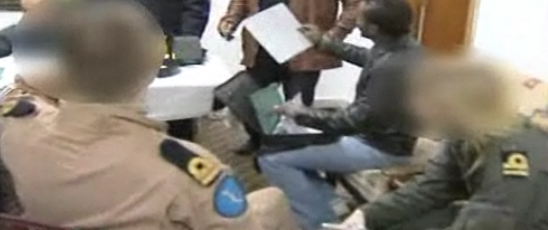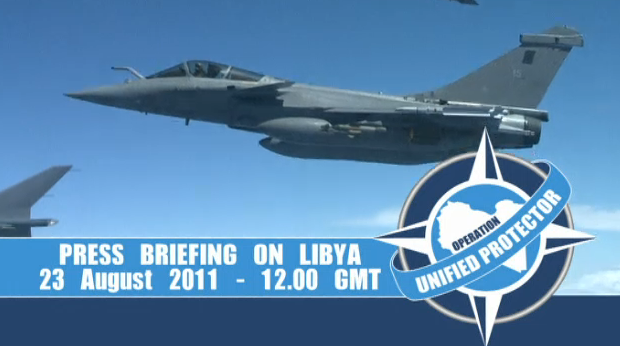Delicate situation for Dutch soldiers in Libya. First pictures

The arrest of three Dutch soldiers and their helicopter in Sirte (see : The exfiltration goes wrong. 3 Dutch soldiers hostages of the Gaddafi regime in Libya) is politically, militarily and legally inconvenient. And one wonders how soldiers could have easily fallen into the hands of the Libyans. In any case, the accusation of spying on the Libyans does not hold water.
A line of defense held
From a legal point of view, in fact, the line of defense of the three Dutch soldiers is held. And they will only have their good faith to defend themselves against their goalkeepers. Their helicopter, in fact, entered Libyan air territory without authorization, with weapons on board, and its occupants did not have authorization to enter the territory. Basically, they are "illegal immigrants", with prohibited weapons and no flight plan, in a country at war. It can do a lot. Nor can the military be considered belligerents under the Geneva Conventions.
Sole defence: the United Nations resolution
Apart from the diplomatic means, which can be initiated to release, there are however arguments to put forward in support of their action. United Nations Security Council Resolution 1970 of February 26 provides for "to guarantee the security of all foreigners and their property and to facilitate the departure of those wishing to leave the country". He also asks "to make accessible in the Libyan Arab Jamahiriya humanitarian aid and related assistance". Which is not currently the case in Libya. And the Tripoli regime finds itself here in a new contradiction with international law. The Dutch military can therefore argue that a European national in danger must be medically evacuated.
The espionage charge, with a helicopter?
As for the accusation of espionage by the Libyan authorities against the Dutch soldiers, it does not really hold water. The helicopter is not the most discreet means for espionage, especially when approaching a city. Much more powerful and discreet means can be used such as British Awacs aircraft, French or theNATO currently deployed over the affected area. The civilians (1 Dutch and 1 Swedish) were able to return safely apparently.
An explanation, what explanations

In the end, one wonders how these seasoned soldiers fell so easily into the hands of the Libyans, and why they did not resist. It will no doubt be possible, after the fact, to clarify this point. But already we can give two facts. First of all, the Dutch soldiers were trained and planned for an anti-piracy operation (apparently at least one of the soldiers caught has the European acronym for Operation Eunavfor Atalanta on his uniform). And the arrest of pirates - who generally do not resist too much the arrival of military helicopters - on the high seas, does not belong to the same "radius" as the intervention in a terrestrial territory, with Libyan armed units, who do not disdain to make fatal shots or hostages. Second, resisting assuming that this would have been possible would have rather made their case worse. And the line of defense (rescue operation of a European) is thus more easily held.
Here are the images of the helicopter and the Dutch pilots in the hands of the Libyans (rather courteous interrogation apparently. But we are on a state television, with propaganda aims. We must therefore be doubly wary)

